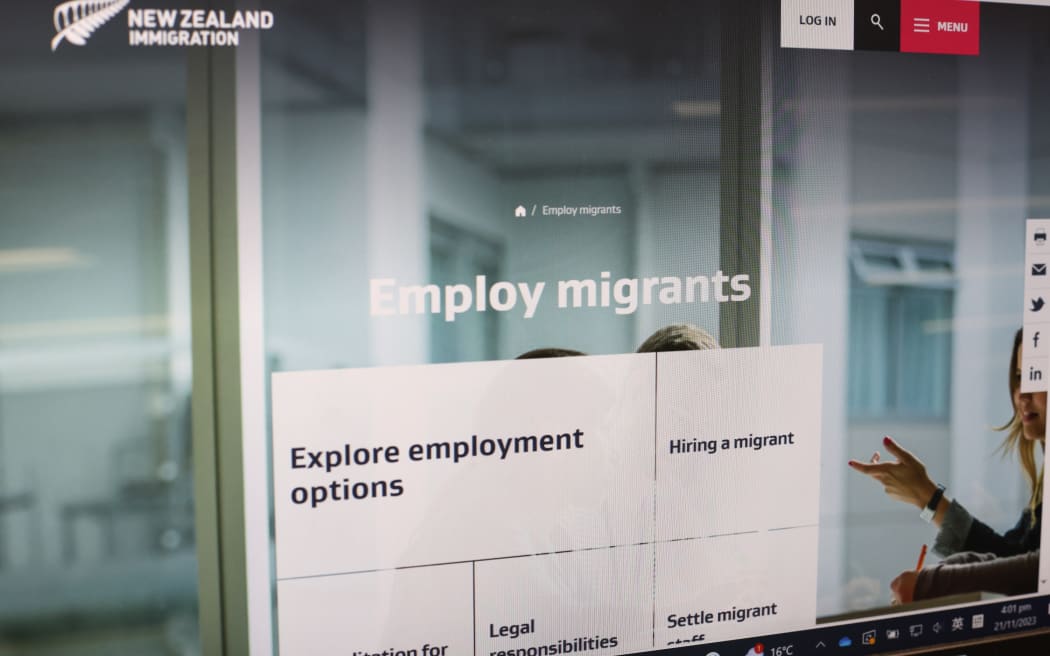Auckland bar and restaurant owner arrested on migrant exploitation charges

An Auckland bar and restaurant owner has been arrested by New Zealand Police on migrant exploitation charges.
The 53-year-old business owner was apprehended by the New Zealand Police on 17 November after a search warrant was executed at an address linked to migrant exploitation involving three individuals.
The business owner is charged with one count of exploitation under section 351 of the 2009 Immigration Act, which carries a maximum penalty of seven years imprisonment and/or a $100,000 fine.
The Ministry of Business, Innovation and Employment has indicated that additional charges are likely to be added in the future.
The business owner has been released on bail and is due to appear in Auckland District Court on Thursday.
This follows the arrest of a licensed immigration advisor after a separate investigation in October.
Stephanie Greathead, immigration national manager of investigations, noted that Immigration New Zealand takes the protection of migrant workers seriously.
"No form of exploitation is acceptable in New Zealand, and we encourage anyone who thinks they, or someone else, is being exploited in the workplace to contact us," Greathead says.
"We will not hesitate to investigate and prosecute individuals involved in migrant exploitations," she says.
Immigration New Zealand launched the investigation into migrant exploitation in August after more than 100 Indian and Bangladeshi nationals were found living in overcrowded and unsanitary conditions in six houses in Auckland.
The workers arrived in New Zealand on accredited employment work visas (AEWV) with a promise of employment after paying substantial amounts worth up to $40,000 to overseas agents for a visa and a job.
In September, the government unveiled a special package aimed at rescuing workers from further exploitation, offering temporary accommodation and cost-of-living support payments to help them get back on their feet.
Despite government help, some workers were struggling to secure work due to language barriers and a lack of domestic certification.
As of 6 November, MBIE has received 1372 complaints against accredited employers.
There are currently 202 active investigations underway.
Ninety-four employers have had their accreditation revoked, 21 have had their accreditation suspended and 37 employers are under assessment to have their accreditation revoked.





